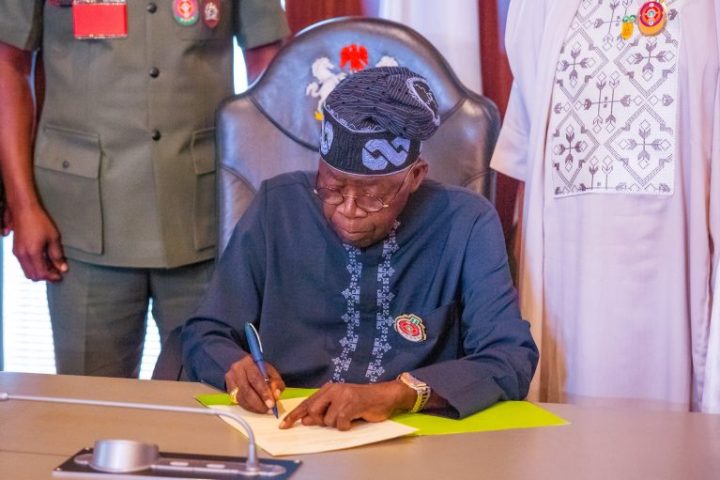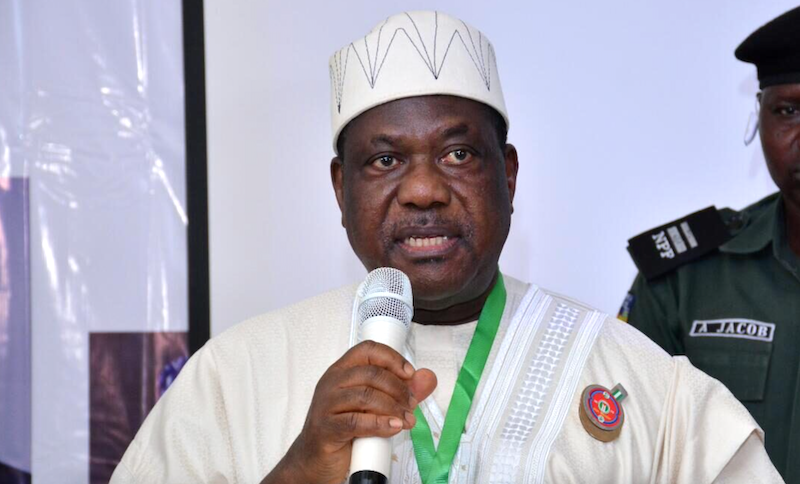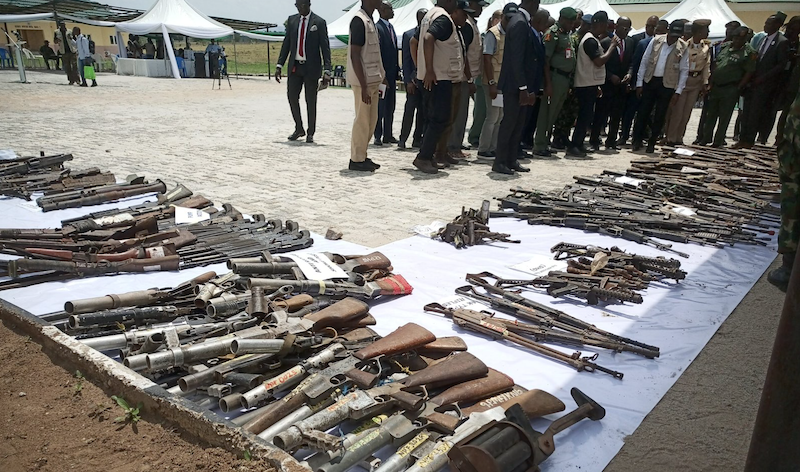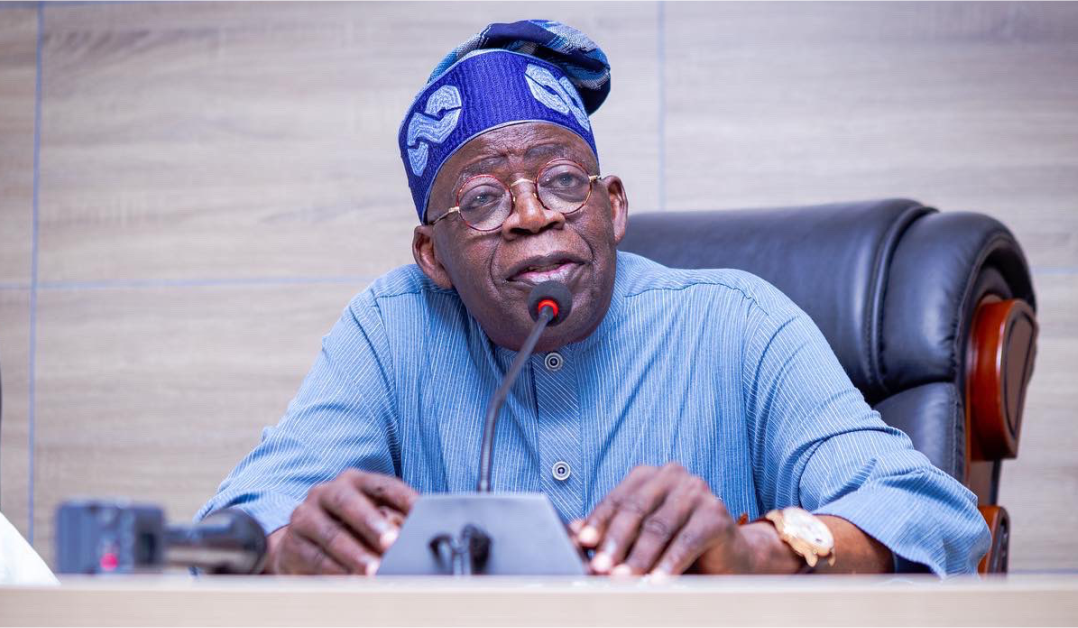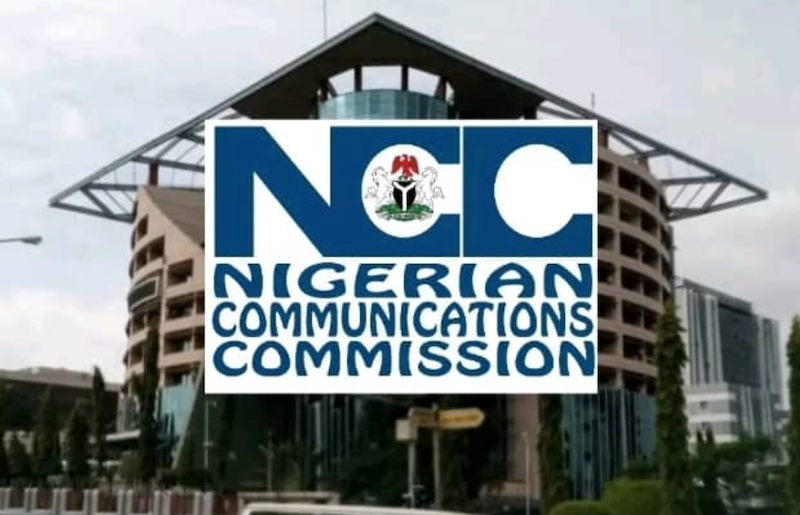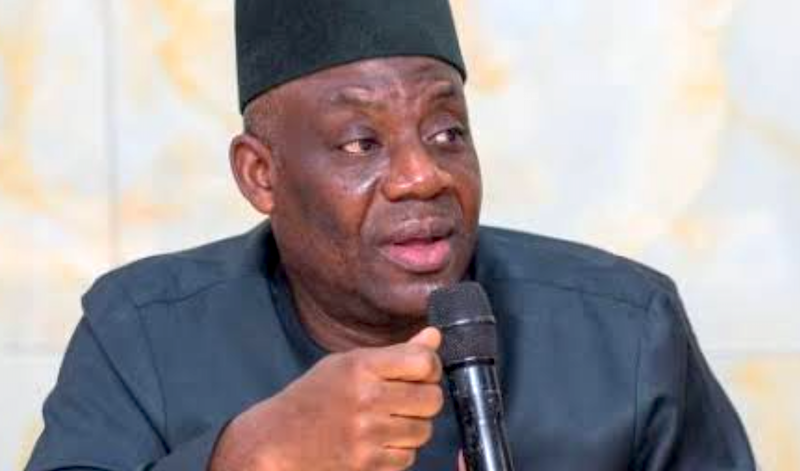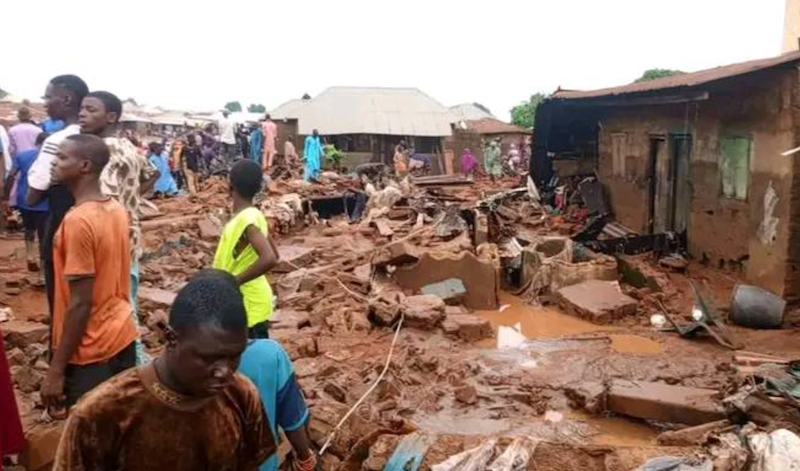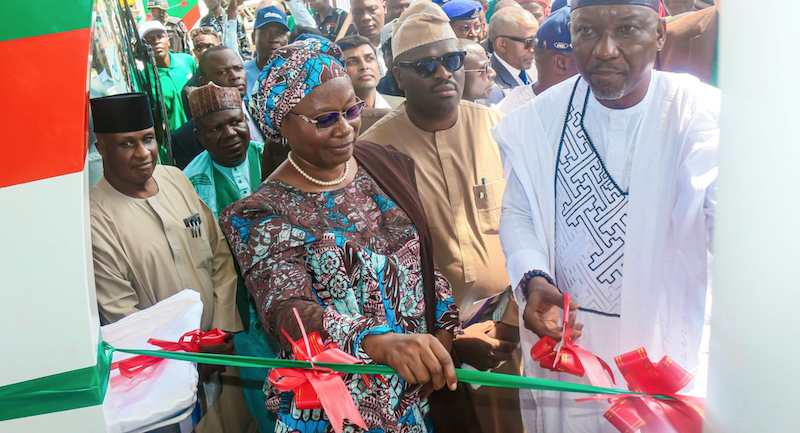More Nigerians have continued to express outrage over the reported insertion of N6.93 trillion worth of projects into the 2025 national budget by members of the National Assembly without adequate justification, while the President Bola Tinubu-led administration keeps mum.
About a week ago, BudgIT, a civic tech organization promoting transparency and accountability in public finance, revealed it uncovered 11,122 projects valued at N6.93 trillion that the National Assembly inserted into the 2025 Federal Government Budget.
The latest reactions and criticisms came during a radio programme, PUBLIC CONSCIENCE, produced by the Progressive Impact Organization for Community Development, PRIMORG, on Wednesday in Abuja.
Project Officer at BudgIT Nigeria, Caroline Anintah, highlighting the unusual inclusion in the 2025 budget, maintained that the insertions were highly valued, questionable, and allocated to government Ministries Departments and Agencies, MDAs, that cannot implement the projects.
BudgIT, however, recommended ways to address dubious budget insertions, urging the National Assembly to focus on oversight.
“We (BudgIT) recommend that the president must enforce stronger alignment between the budget and national plans; then judicial clarity – the Attorney General of the Federation (AGF) should seek the Supreme Court’s interpretation of the legislature’s powers, and then agencies like the EFCC and the ICPC should investigate and prosecute the misuse of budget, while CSOs and citizens should be part of the budget review and implementation as this will help track and limit frivolous insertions.”
Anintah noted that the level of insertions in the current budget shows that federal legislators are overstepping their boundaries and can destroy the programmes of the executives. Adding that the worry is on the competence of the MDAs where the inserted projects are allocated.
She disclosed that President Bola Tinubu and his cabinet members had yet to comment on lawmakers’ insertion of 11,000 projects worth N6.9 trillion into the national budget. Likewise, the leadership of the National Assembly has not uttered a word following BudgIT’s expose.
“Our report is on insertions, which are introducing new project line items to the budget. What makes this year special is that we’ve never seen such a high value of insertions.
“The Ministry of Agriculture had over 4,300 inserted projects, which is worth more than N1.72tn, Science and Technology had insertions worth N994bn and Ministry of Budget and Economic planning had N1.1trn worth of insertions, and these ministries were likely used as dumping grounds for projects.
“Many of them don’t have the technical capacity for these projects, and there’s no clear evidence that the ministries were actively consulted before these projects were added to their budget, and this creates implementation challenges as the agencies are stuck with projects they did not plan for or are not equipped to deliver.”
On the response of the National Assembly or Tinubu-led government following the report of suspicious insertions in the 2025 budget, Anintah stated, “As of now, we’ve not received any direct or public reaction from the NASS or the executive arm, but we hope that the report serves as a wake-up call for them to follow due process of budgeting.”
For his part, Dr. Umar Yakubu, the Executive Director of the Center for Fiscal Transparency and Public Integrity (CEFTPI), stated that dubious budget insertions were destroying national development.
Yakubu decried that national budgets have become a cesspool of corruption since the return to democracy, with the interests of political elites placed above the citizens. Hence, Nigerians do not feel the impact of implemented budgets.
He faulted the president and his cabinet members for keeping mum on the alleged insertion of projects worth nearly N7 trillion, urging the Tinubu administration to ensure there’s a consequence for anyone perpetrating corruption with national budgets as it is the main step in curbing anomalies, usually seen in budget process and implementation.
“That is why you see for decades now, especially from 1999, a lot of budgets have little impact on poverty, security, health care, water system, education, and on all sectors of the economy. Now, that means the budget process already has a fundamental problem in the first place because it is not citizen-led.
“And let’s not forget the same goes at the state level. Though there might not be insertions by the state assembly members but by the governors who ensure they insert all these things that are not citizen-led because of the money they will extract, so it’s just basically a pool of corruption.
“Insertion distorts national plans and agenda. If you don’t assess it that way, you won’t see the danger of what these legislators are doing. It’s not just about the money. It’s about distorting the process as laid out by the executive.”
On the President’s silence on the insertion, Yakubu says, “President Tinubu has to react because he has said he wants to bring development to Nigeria. This report threatens to impede what he wants to do for the country. So, it is in the country’s interest to ensure budget implementation.
“Another thing we need to do is assess the budget implementation reports, but we haven’t even seen them.
“The difference between civilization and the jungle is law. As long as we are not implementing our laws, we are no different from the jungle. We need to continue advocating for the government to implement very clear laws. Wrongdoing should follow sanctions as provided by the law. If not, our national development is threatened,” he warned.
Yakubu lamented that citizens are growing weary but would become more involved in engaging the government if corrupt elements were brought to book.
Furthermore, he regretted the effect of political interference on the mandate of anti-graft agencies in Nigeria, which continues to infringe on their ability to punish budget corruption.
An Abuja resident who identified himself as Yemzy called into the radio programme and said, “I don’t feel what the lawmakers did was insertion; I feel it was budget padding because of the inflation in the country. Padding comes from price regulation, not just wickedness or bad acts.”
Public Conscience is a syndicated weekly anti-corruption radio program that draws the government and citizens’ attention to corruption and integrity issues in Nigeria.
The program runs in partnership with the MacArthur Foundation.
